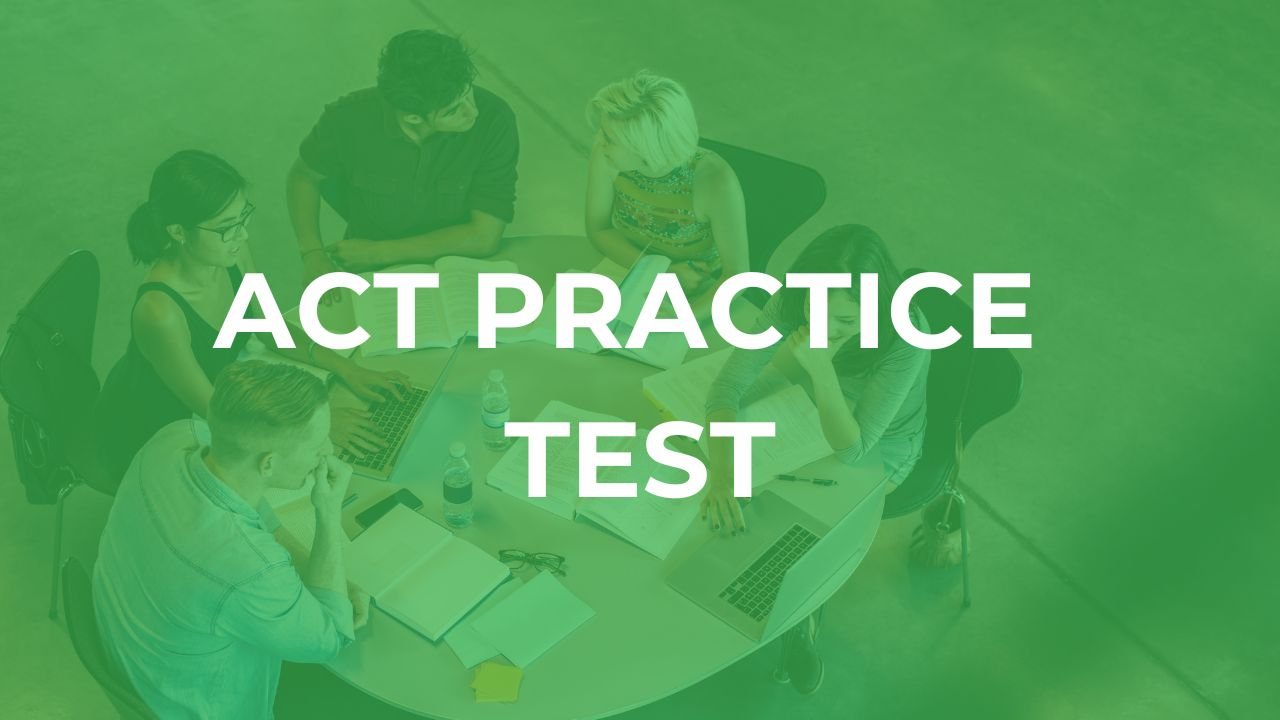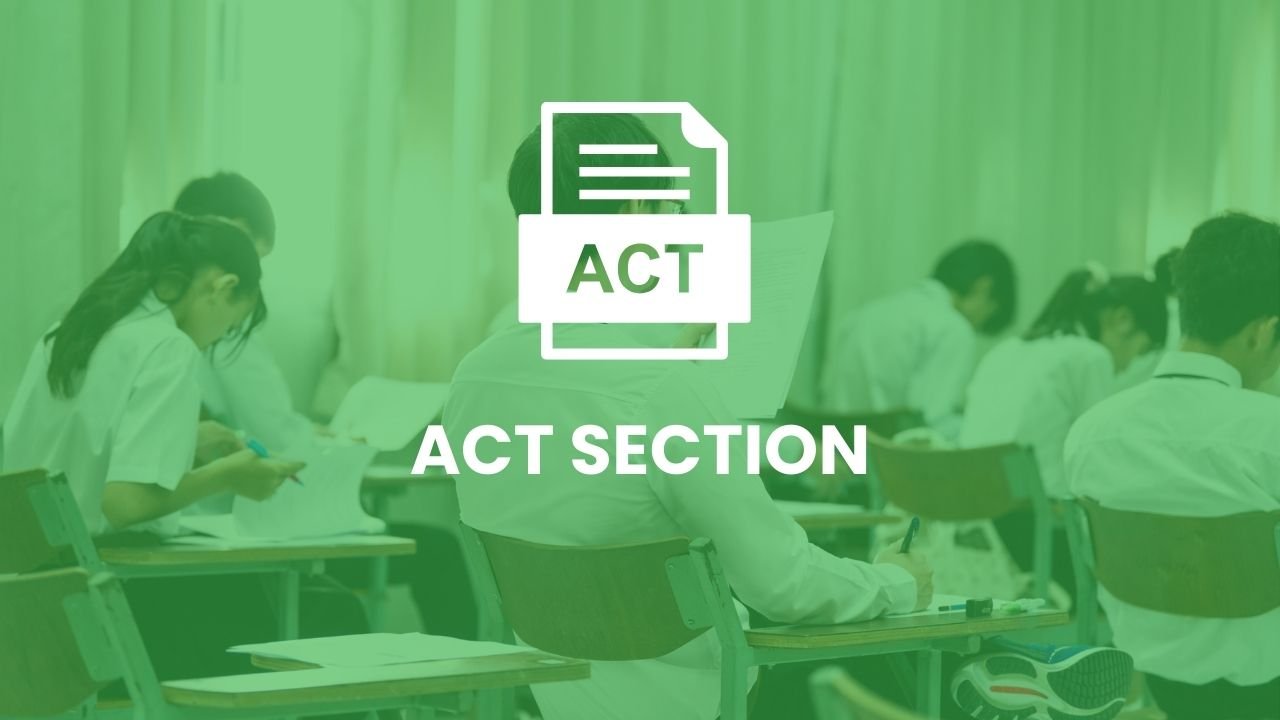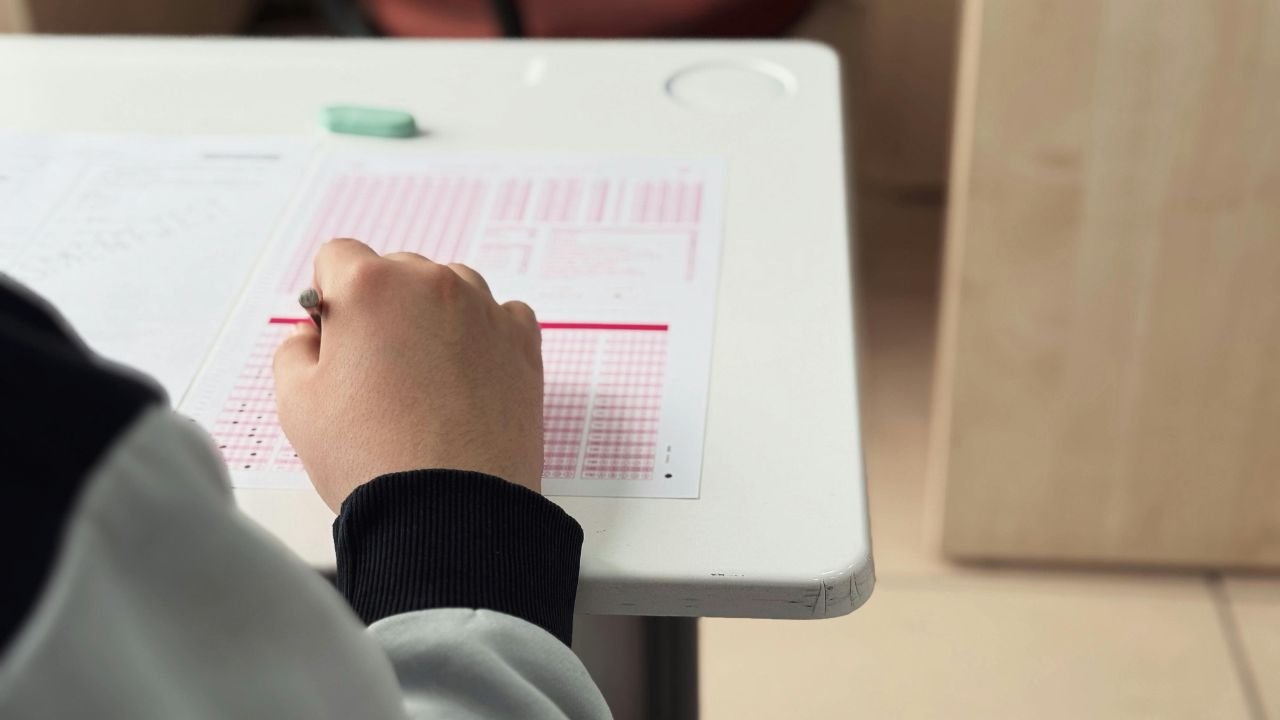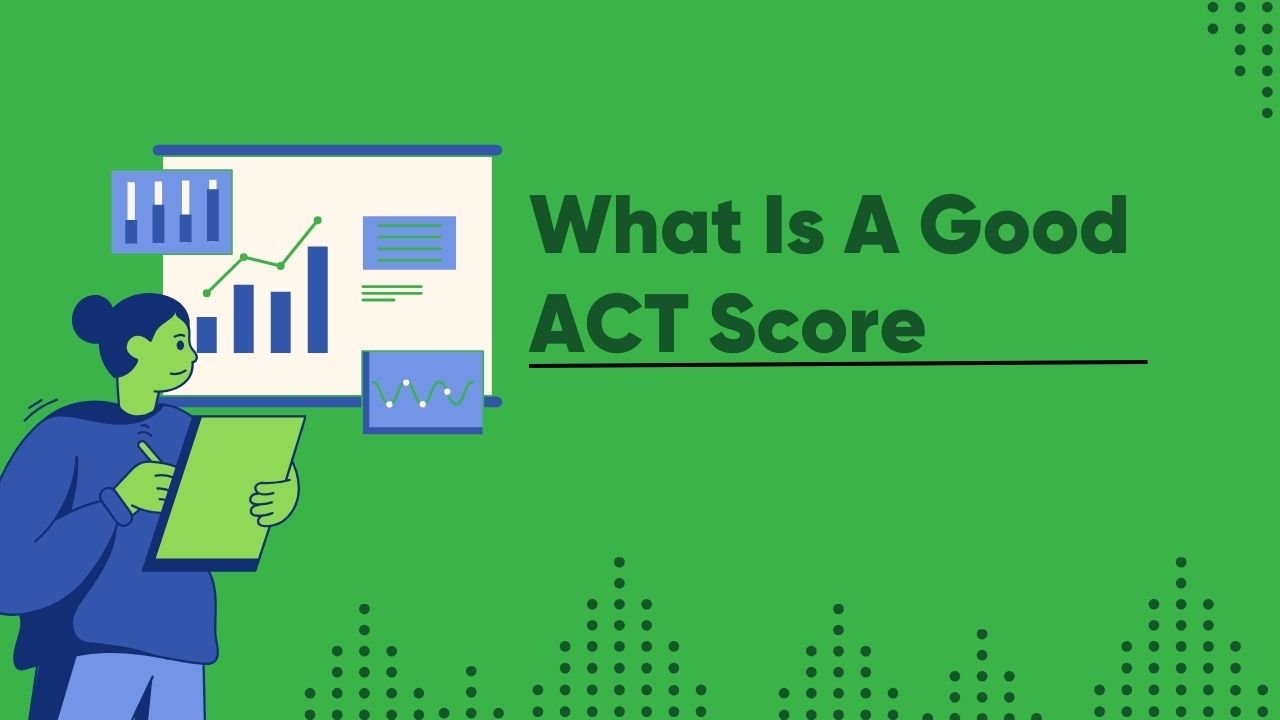An ACT practice test is a full-length simulation of the actual ACT exam. It enables students to build test day stamina, practice time management, and identify strengths and weaknesses. By mimicking real exam conditions, ACT practice tests prepare students for success and give educators tools to guide instruction. Students can become more familiar with the test format, gaining greater accuracy and confidence.
If you are preparing for the ACT exam, then you may have been suggested ACT practice tests. This is not just a moving exam; it is a blueprint to success if done right. ACT is still an important part of many college admissions processes. Although some schools have adopted test-optional policies but thousands still accept or prefer ACT scores.
Scholarships, program placements, and honours courses often rely on standardised testing. For students who want to showcase academic readiness, the ACT is still a powerful tool. And the free ACT practice test can help them to perform better and even best.
How ACT Practice Tests Help Students Prepare
The can b practice test can be greatly helpful in ACT test prep. Here is the explanation of how the full-length practice test helps the students.
Expose Real Weaknesses
Students don’t have to rely on the guesses, whether this part of their effort is worth it or not. A student may feel strong in math but realise their ACT math score is not good enough under a limited time. Students may not know that they struggle with sequencing in the ACT reading section until the results point this out.
Build Testing Stamina
The ACT is around three hours long. Only the ACT English section is 45 minutes of dense grammar and structure work. Now add more subjects, math, science, and reading, and it becomes a mental marathon. Students can learn how to maintain their stamina, how to focus, manage fatigue, and stay sharp throughout.
Improve Time Management
Every ACT section comes with a limited time. These include:
- ACT English – 45 minutes for 75 questions
- ACT Math – 60 minutes for 60 questions
- ACT Reading – 35 minutes for 40 questions
- ACT Science – 35 minutes for 40 questions
With that pace, time isn’t just a factor, it’s a skill. Practice trains students to move efficiently.
Help Set Score Goals
The ACT gives composite scores on a 1–36 scale. Most students start with a baseline and then work to improve. Practice test results help students set realistic goals, by section and overall. Platforms like Ivy test Prep’s offer diagnostic reports before starting their ACT prep program for a similar purpose. It allows students to learn how close they are to their targets.
Reinforce Academic Skills
Every ACT practice test focuses on core abilities from reading comprehension, data analysis, algebra, and grammar. These skills are also used in classroom learning and future college coursework. That’s why educators trust the practice test process not just for testing, but for teaching.
ACT Test Format in 2025
The ACT has remained consistent in structure, but here’s the updated format:
| Section | Time Limit | Questions | Skills Covered |
|---|---|---|---|
| ACT English Section | 45 mins | 75 | Grammar, punctuation, and sentence structure |
| ACT Math Section | 60 mins | 60 | Algebra, geometry, trig, functions |
| ACT Reading | 35 mins | 40 | Charts, hypotheses, and data interpretation |
| ACT Science | 35 mins | 40 | Charts, hypotheses, and data interpretation |
| ACT Essay (Optional) | 40 mins | 1 | Argument analysis, writing, and coherence |
In 2025-2026, most colleges still don’t require the ACT Essay, but a few competitive schools and honors programs still prefer it.
How to Prepare for an ACT Practice Test?
You cannot just opt for a practice test and expect a miracle. Here is how you can get the most from your practice test.
Create Real Test Enviorment
Just like the real test, take the practice test in one sitting. Use an actual desk and a timer for each section. Don’t take breaks unless allowed. The goal is to become accustomed to the real test environments and activities.
Print It If Possible
If you’re not taking the ACT online, print the practice test. Bubble answers like the real format. This helps you get used to transferring answers and managing timing without digital tools.
Use Official Materials
ACT practice tests work best when attempted with the official ACT material, such as ACT.org, or other verified sources. Don’t rely on unofficial PDFs with outdated question types. Ivy Learning curates the most accurate, test-aligned materials for student use.
Track Section Scores Individually
Record your ACT Math Score, ACT Reading, and ACT Science scores separately. You can pinpoint which section holds you back and how much each section contributes to your composite score.
Review Mistakes Thoroughly
While checking the score, do not just mark right or wrong. Understand why this answer was incorrect. Did you misread the question? Skip a step in math? Confuse a grammar rule? This is where real improvement begins.
Retake Strategically
Don’t just attempt a full practice test every week. Once every two or three weeks is ideal. In the meantime, focus on skills review. Prepare according to your weak subjects.
2025 – 2026 ACT Test Dates and Planning
In 2025, ACT tests are offered seven times a year in the U.S. Here are the usual months:
- February
- April
- June
- July
- September
- October
- December
For efficient ACT prep, we suggest that you plan backward. If your target school has a November 1 deadline, aim for the September ACT test date, leaving room for one retake in October if needed.
You can register through ACT’s official website. Ivy Test Prep & Learning also helps students register and build their prep timeline based on ACT Test Dates.
FAQs About ACT Practice Test
Let’s answer your questions about the practice test for ACT prep.
How many ACT practice tests should I take?
Go for 3 to 5 full-length tests during your prep period. Space them out and follow each with a full review.
Do ACT practice tests improve actual scores?
Yes. Regular practice builds familiarity, timing control, and strategy. When paired with review, students often see steady score increases.
Is the ACT Science section really about science?
No. It tests how well you interpret scientific data, analyze hypotheses, and read charts. It doesn’t require deeper science knowledge but strong reasoning skills.
What’s the hardest section of the ACT?
Students often report that the Math and Science sections are the most challenging due to time pressure and subject complexity.
Should I take the ACT Essay?
If your colleges don’t require it, you can skip it. But if you’re applying to competitive schools or writing-heavy programs, it’s wise to include it.
Bottom Line
The ACT practice test is a great source of learning and getting comfortable with the format of the ACT. If prepared and attempted with the official material, then you gain more confidence for the test, and understand what is more likely to be included in the actual test. This gives you the upper hand and less shock, especially if it is your first time taking of standardised test.
If you are still not sure, Ivy Learning & Test Prep is offering ACT prep in NJ, where you can utilise your time in the most productive way to prepare for the ACT testing. Under the guidance of expert educators, official material and diagnostic testing for a personalised targeted study schedule, we make sure students prepare for the test in the new format.











